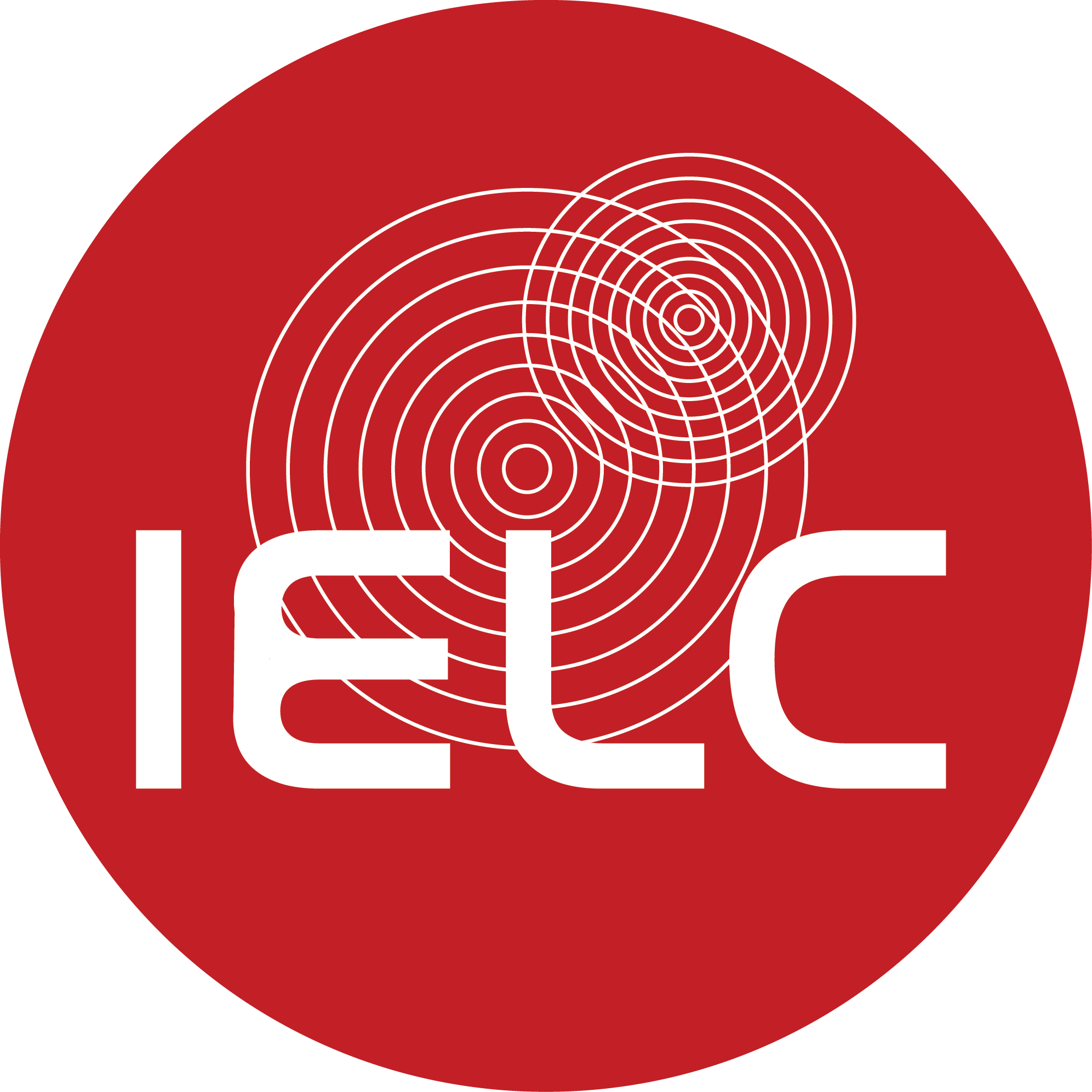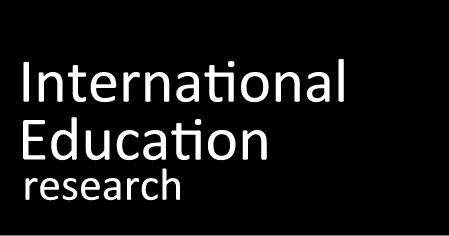Description
Worldwide, there has been a rapid expansion of international schools, broadly defined as schools offering international programmes at least partly in English outside an English-speaking country. Significantly, international schooling has diversified beyond its original purpose of providing education for the children of mobile expatriates. The most significant growth has been from affluent local families entering an increasing array of international school types. The trend is potentially having a profound impact on students and societies through a more internationalised education with more significant opportunities for overseas higher education. Yet, the aspirations, experiences, and outcomes of international schooling in different contexts are unclear, especially in non-Western contexts. Situated in the sociology of international education, the proposed research investigates if and how international schooling is re/producing a 'global middle-class' of socio-economically privileged professionals who are highly credentialed, mobile, multilingual, and post-national in worldviews, lifestyles, and careers.
In doing so, the research will investigate the potential societal disruptions in how international schooling may exacerbate inequalities in educational opportunities and create disconnections between young people and host communities. The research context, China’s Greater Bay Area, encompassing Guangdong Province, Hong Kong SAR, and Macau SAR, offers an extraordinary opportunity to investigate international schooling. First, the region has geopolitical significance at the forefront of China’s globalisation, while providing opportunities for intra-regional comparison by socio-political and regulatory environments. Second, it has one of the world's most dynamic international school markets where affluent families in metropolitan centres can choose among high schools offering programmes including Advanced Placement, the International Baccalaureate Diploma Programme, and Cambridge International A-Levels.
The proposed research design is a qualitative multi-site case study of five international high school types across the Greater Bay Area. It will identify what is driving the proliferation of international schooling, determine what constitutes ‘international’ schooling beyond English language and international programmes, demonstrate if and how international schooling serves as a pipeline to a ‘global middle-class’, and uncover the potential disruptions caused by international schooling for societies. Data will be collected from i) interviews with school leaders, teachers, parents, and students (n=105); ii) school brochures and websites to examine how the international schools articulate their missions to the public; (iii) background information about admission policies, student and staff profiles, and student outcomes. The findings will significantly contribute to the sociology of international education while also generating policy recommendations for how international schools can better serve families and societies where they are situated.
The study has four objectives:
-
Identify what is driving the proliferation of international schooling in the Greater Bay Area. The research will reveal the types of families pursuing international schooling and how their school choice is related to aspirations to join a 'global middle-class' or if there are alternative reasons.
-
Determine what constitutes ‘international’ schooling beyond English language and international programmes from the perspective of school leaders, teachers, parents, and students in a range of international schools in the Greater Bay Area.
-
Demonstrate if and how international schooling in its different types serves as a pipeline to a ‘global middle-class’ in the Greater Bay Area. The research will identify how international schooling is re/producing worldviews, lifestyles, and post-high school trajectories associated with a 'global middle-class'. It will also determine the advantages of international schooling for education and careers trajectories of a 'global middle-class'.
-
Uncover the potential disruptions caused by international schooling for societies in the Greater Bay Area. The research will identify if and how international schooling exacerbates educational inequalities or creates identities among students disconnected from local communities.


